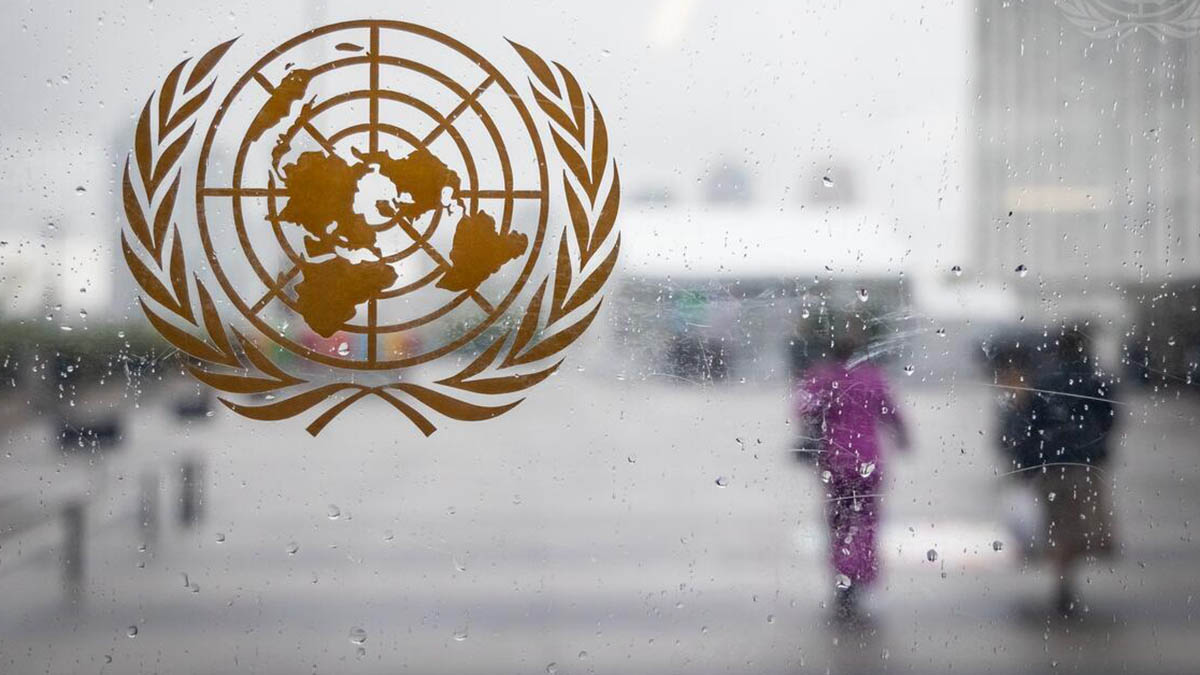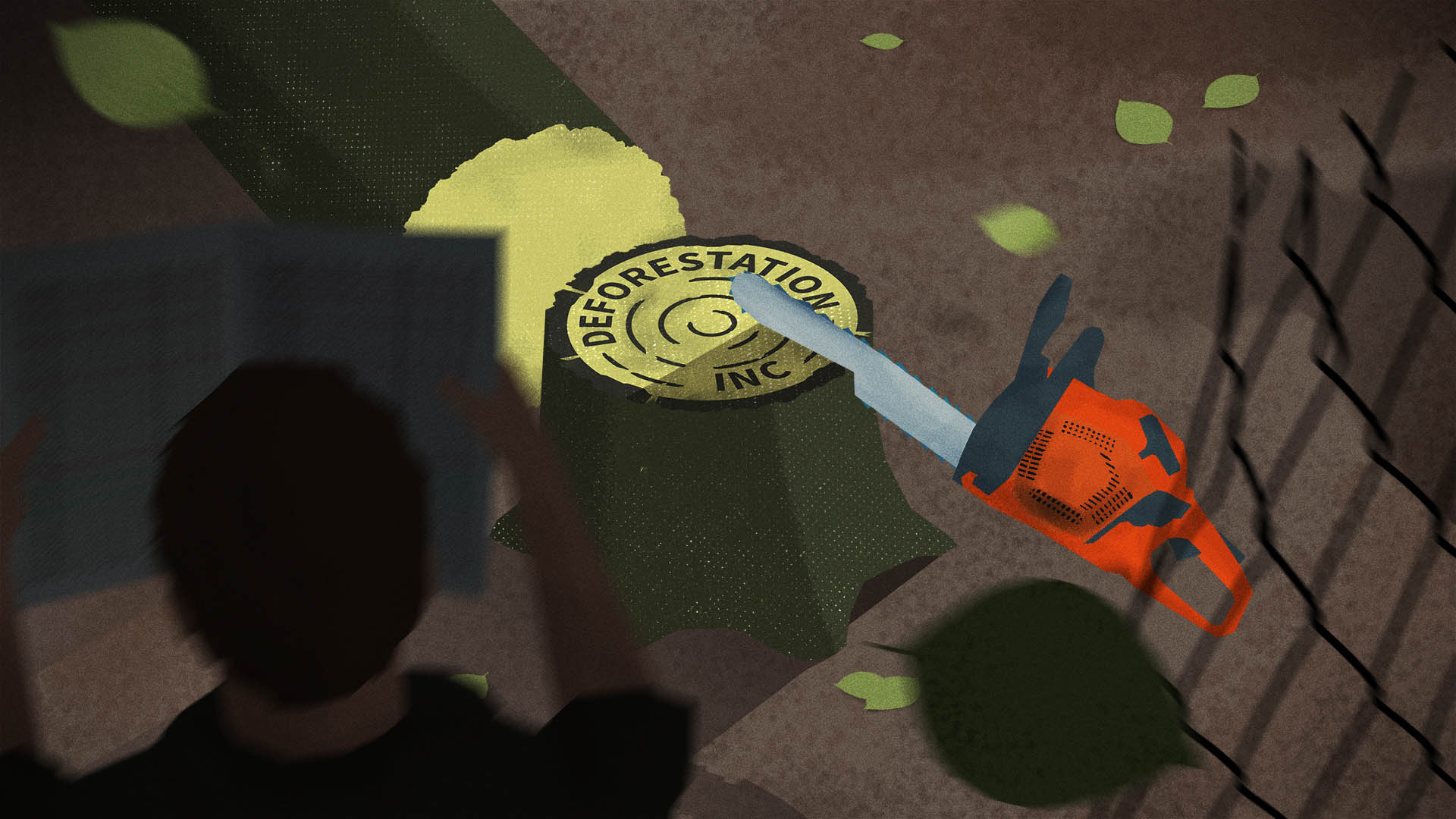
Pierre Gramegna, Luxembourg’s Minister of Finance, defended his country’s handling of controversial tax rulings in the wake of ICIJ’s investigation into tax avoidance by major corporations. Right before Lux Leaks was published, he sat down for an interview with Le Monde. He was in Berlin to sign a historic international agreement on automatic exchange of tax information.
Luxembourg is among the first 50 countries to sign an agreement designed to tackle tax avoidance. Is your country ready for change?
More than 100 countries were in Berlin to support the adoption of the text on automatic tax exchange, which 50 countries have adopted immediately. Luxembourg decided to join this movement and be a part of the first wave of nations so that the European Union could send a strong, collective message.
We had intended on joining this global movement in 2018. But global developments raced on ahead of us. The difficult situation in which so many countries have found themselves since the 2008 economic crisis demanded that we increase fiscal cooperation.
Above all, this new approach is now global and we realize that competitiveness will not be an issue, especially since the OECD (Organization for Economic Cooperation and Development) has developed a standard on automatic exchange of information.
This development allowed us to persuade financial institutions within Luxembourg that it was in their own interest to abandon notions of bank secrecy that, although long a part of our traditions, bring more problems than advantages.
Luxembourg should not passively follow the transparency movement but be an active participant.
This policy of transparency doesn’t appear to apply to the tax affairs of businesses, an area in which tax secrecy remains strong. Luxembourg, along with the Netherlands, is at the heart of the current debate on the secretive and generous tax deals given to multinational companies…
That’s an overly-simplistic way of looking at Luxembourg’s banking and taxation competitiveness. Our role as a financial center relies on four pillars: investment, for which we are a world leader behind the United States with 3000 billion euros of assets under management; insurance; loan structuring; and private banking, the only sector in which banking secrecy rules still have a real role. And yet, even in that sector, for some years now high-wealth clients no longer see secrecy as a selling point.
We in Luxembourg have many assets with which to attract businesses – often overlooked by our critics – such as our openness to foreign investments, our multilingualism, the stability of our laws, and our IT expertise.
As a founding member of the OCDE, Luxembourg participates in discussions on tackling aggressive tax planning by multinational corporations – known as BEPS (Base Erosion and Profit Shifting). We are enthusiastic participants given our own role as an international financial center and a country open to the world.
We hope to reach a point at which all countries are on an equal footing. As soon as there is a consensus on the new rules proposed by the OECD and the European Union, Luxembourg will apply them.
Your tax ruling policy, with these rulings providing significant tax reductions for companies such as Amazon and Ikea, has been criticized by the OECD. How do you justify such policies?
Under the law, these tax rulings are not contracts but “anticipatory tax decisions,” awarded unilaterally by the Luxembourg administration to companies who seek to know which laws, rules or international treaties are applicable in a particular situation.
These administrative rulings allow for both transparency and legal security, which are both highly sought after by businesses and not contested by the European Commission. Through these rulings, our authorities undertake to abide by the tax regime promised.
Given how the debate on these rulings has developed, it would be easy to think that Luxembourg invented them. But that’s not the case. A number of countries use such rulings – not just Ireland, the Netherlands and the UK but France and Germany, too.
If it is decided that such rules no longer suit the global system and that they should be changed, this should take place through an open debate.
On that point. Why not cooperate with the European Commission, which has made allegations of illegal state aid through these tax rulings and which has opened investigations into the advantages given to the Italian company Fiat and the American company Amazon? The Commission has sought more information from you but Luxembourg has rejected the request and taken the Commission to the EU’s Court of Justice.
The European Commission has asked us for information on a number of individual cases and the Commission is investigating the conformity of these anticipative decisions with European law. We have told the Commission that we will fully comply and we have done.
As the enforcer of European treaties, the Commission is right to be examining whether or not there has been inappropriate state aid. The case is currently underway and we’ll all have to wait for the outcome. We should all be prudent until the issue is resolved.
What we disagree with, however, is the authority of the Commission to ask us, as it has done, to submit all our tax rulings for all businesses for the years between 2010 and 2012. We believe that this request does not comply with European treaties. That’s the issue for the European Court of Justice to decide.
Finance ministers and tax chiefs met in Berlin last week for a conference on tax transparency and fairness. Luxembourg joined 50 countries to sign a new agreement to automatically exchange tax information.
But aren’t these tax rulings, by their very nature, discriminatory? How do you justify a situation in which an American multinational corporation sets up in Luxembourg to take advantage of the attractive tax regime and the weaknesses in international rules and pay taxes of only 1, 2 or 3% on its profits, harming all those other countries in which the company operates, including your European partners?
I can’t speak to any particular one example. But we have always abided by the principle of applying OECD and EU rules in our administrative decisions.
The European Commission is currently examining whether or not in the past, in certain cases, this principle has been respected.
In a globalized world, it is to be expected that an outward-facing country like ours will be approached by foreign businesses. That said, we have listened to the criticisms of our practices. And we have taken steps to put into law what, until now, has been only an administrative practice.
The 2015 budget, which we have recently announced, includes what we are calling a “future package”. This package will see Luxembourg introduce these rulings into law and will specify how the costs of transfers between a parent company and its subsidiaries, which is a central element in rulings, must respect OECD rules.
We always looked to these rules in the past but, from now on, the rules will be part of our laws.
But will tax rulings have a place in a more transparent global system? Do you not believe, as the OECD does, that profits should be taxed where they are made? Even Ireland has announced it will abolish its most controversial policy in this area…
Luxembourg supports changes to the so-called “parent-subsidiary directive” on hybrid products [financial instruments that ultimately allow for double non-taxation or for no taxes to be imposed at all] and is not against future anti-abuse rules. Tax rulings are a part of our culture and we wish to preserve them within the full respect of the laws in place.
Companies are bound by rules and laws that govern their global behavior. We are seeing a movement towards restricting such global operations. This is a political decision with impacts on the world’s most important business leaders.
The international taxation system should not, obviously, result in no taxation at all for large corporations. But let’s not forget that the world is now globalized and so requires flexibility. We should be careful that in seeking to attach companies to a particular country that we do not suffocate them.
Wouldn’t the solution to all this be to harmonize the business tax rate – even if that means lowering it?
Solutions are out there. Luxembourg will join all the discussions on this and will contribute innovatively. But I do not support harmonizing tax rates across the European Union. That would be a herculean task.
Above all, States’ sovereignty in tax matters would be diminished and we would see capital flight to places like Singapore. Keeping some level of competitiveness between States in tax matters is indispensable.
Interview by Anne Michel (Le Monde), translation by Will Fitzgibbon (ICIJ)






